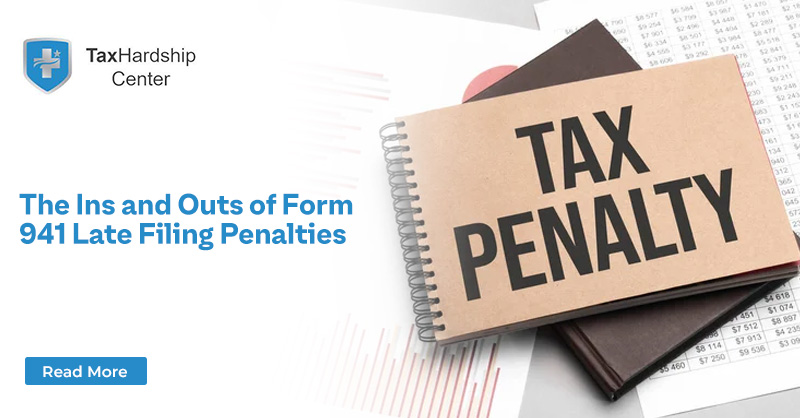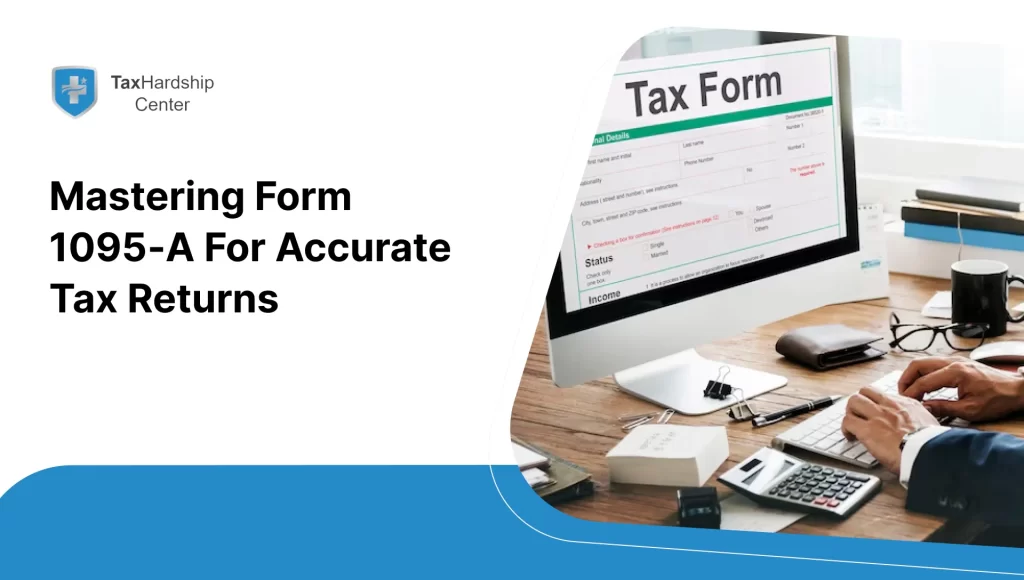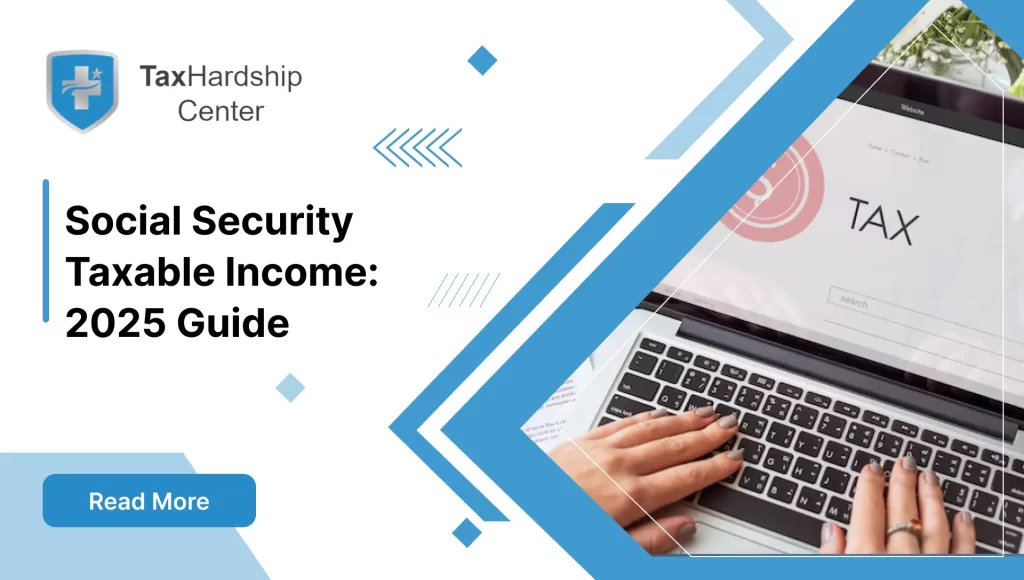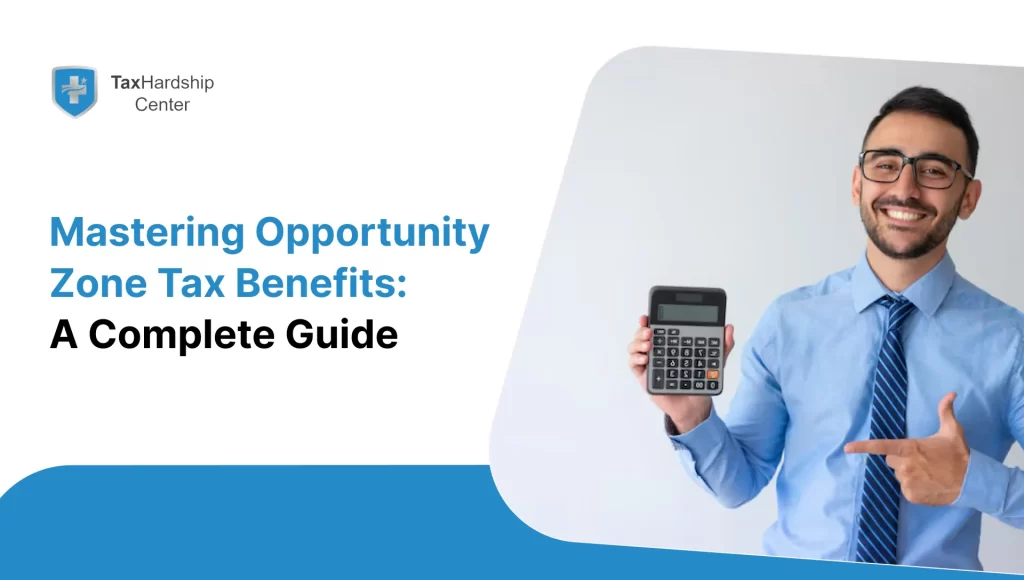It is never easy for businesses to master different tax forms’ complexity and payroll tax rules. Form 941 (i.e., the employer’s quarterly federal tax return) is one of the critical documents employers must present to disclose their quarterly payroll and other withholding taxes.
However, what happens when you miss the filing deadline or make errors on your Form 941 submission? This is where the intricacies of Form 941 late filing penalty. Here is a complete guide to the Form 941 late filing penalties and what they entail, what you risk incurring these penalties, and ways to avoid having to pay the penalties.
Understanding Form 941 and Its Importance
The relationship between the businesses and the IRS becomes significant by Form 941, also known as the Employer’s Quarterly Federal Tax Return. It is essential because it enables employers to develop reports to facilitate correct payment of the federal income tax, Social Security, and Medicare taxes. Business entities must understand what is involved in Form 941 to fulfill the obligation of paying taxes as the IRS requires them to do so.
It describes the employee’s salary earned over the given quarter, total tax, and employer’s contribution towards Medicare tax. It also assists in computing and remitting the quarter’s payroll taxes to the Internal Revenue Service, or IRS, respectively. It also covers the employer and employee shares of the social security and medicare taxes and withholding for federal income tax. Finally, the outline acts as a handy document of reference.
Quarterly payroll tax information is needed for IRS audits, inquiries, investigations, etc. Additionally, Form 941 is more than just a bureaucratic demand. A key ingredient in responsible financial management by an organization is this form. Thus, it is essential for any size company that wants to keep its financial stability without any disruptions from non-compliance to know the Form 941 penalties.
The Consequences of Late Form 941 Filing
Late Form 941 filing can pose severe financial and operational problems to businesses. Employers need to understand all these consequences because it is essential to submit this significant payroll tax form on time. Here are the critical consequences of late Form 941 filing:
Penalties:
Businesses should be wary of filing late Form 941 since the IRS levies penalties for them. The penalties are computed according to the days the form is delayed. A penalty is usually associated with a period of delay. Late filing or late payment of the payroll taxes also attracts penalties.
Interest Charges:
The penalty for failing to pay payroll tax is that the IRS charges interest from the due date up to the payment date. The interest rate changes and is often higher than other interest rates.
Operational Challenges:
A business can face financial strain in case of late filing and the associated penalties. It also could have implications for the firm’s capability to fulfill its continuous debt commitments, which include payment of employees and suppliers.
Reputation Damage:
Late payments of payroll taxes can damage a company’s brand. This could prove detrimental in acquiring new clients, partners, or investors.
Administrative Burden:
Handling late filing penalties and IRS queries is energy-consuming, and these activities will use much-needed funds that would have been used in core business activities.
Cumulative Impact:
These penalties may accumulate considerably depending on when one pays or files. These issues must be addressed quickly to prevent the situation from gaining momentum.
Prioritizing accurate and timely payroll tax reporting can help firms minimize the harmful effects of completing Form 941 after the deadline. Simplifying the procedure and guaranteeing compliance may be achieved by utilizing cutting-edge accounting software and collaborating with experts. Compliance is more than just following the law; it’s about maintaining the long-term viability of a business’s finances.
Penalties for Late Form 941 Filing
Failing to file this form by its due date can result in severe financial damages to a business. The IRS imposes such penalties with the view of encouraging on-time and accurate tax filing on payrolls. For employers, it is crucial to understand the penalties associated with late filing to avoid the financial burden. Here are the critical late Form 941 penalties:
Late Filing Penalty:
The IRS levies a penalty on businesses that file Form 941 late. The fee to be paid is determined by the days of delay experienced. The penalty is 5% of the unpaid tax for each month or part of a month the return is late. The maximum penalty may go up to 25 percent of due taxes.
Minimum Penalty:
The penalty for filing Form 941 late may be, at most, $435 or equal to the total unpaid taxes, whichever is smaller. The minimum penalty also amounts to 5% on top of the 5% late filing penalty.
Interest Charges:
Besides penalties or mulcts, the IRS also compounds payroll taxes from the due dates up to payment time. The interest is variable and often higher compared to a normal one. This could translate into vast amounts of money for firms.
Cumulative Impact:
Businesses may incur late filing penalties, late payment penalties, and interest on all charges accumulated from the due date up to the point of payment, creating heavy finances for a business—the more significant the delay, the higher the financial effect.
Operational Challenges:
A business’s financial resources can be strained by late filing and related penalties, which may limit the capacity to meet its ongoing economic necessities, like paying employees and suppliers.
Common Reasons for Form 941 Late Filing
Failure to file Form 941 on time is unintentional sometimes. These are some of the significant causes why businesses need help in meeting their taxes through Form 941. The complex structure of a business payroll system is one of the essential reasons why Form 941 is filed late.
Some of these aspects include large organizations or those with complex remuneration schemes that may take a longer time to run accurate verification. Documenting each and everything properly could be very time-consuming. However, small businesses need more staff or financial resources for payroll and tax compliance.
A small team may find calculating, reporting, and paying payroll taxes burdensome. However, lacking such resources may cause late submission of Form 941. The repeated replacement of those handling payroll and taxes also interferes with the filing process. Delays and errors are the consequence of transition periods from employees who do not know tax laws as well.
Providing reliable information hinges on accurate data entry. Sometimes, data entry errors or discrepancies may occur, which means you have to reconcile records and submit Form 941. This leads to delays, as businesses have to go on and make corrections.
Payroll taxes may cause problems for some businesses that need help to afford payroll. Late submissions due to late payment of taxes often delay filing, as late tax filing is meant to avoid IRS penalties, thus creating even more late submissions. An employer may fail to file Form 941 in time due to non-standard procedures in tax compliance and payroll internal processes. Submission with accuracy and promptness can only be achieved by streamlining internal workflows.
Avoiding Form 941 Late Filing Penalties
One of the most important goals for businesses is to avoid Form 941 penalties, which calls for an organized and proactive strategy. Companies should prioritize compliance since there might be financial repercussions for late filings. Businesses must make sure they constantly satisfy filing deadlines to avoid these penalties. First and foremost, it’s critical to keep accurate and well-organized payroll records.
Accurate and timely record-keeping facilitates the quick processing and validation of the information required to submit Form 941. This lessens the possibility of mistakes or inconsistencies that can cause filings to be delayed. Verifying and examining the payroll data regularly is another essential procedure. Businesses may identify problems early and take swift action to resolve them, avoiding delays by regularly doing checks and reconciliations.
It is necessary to have efficient internal processes and specific responsibilities for payroll tax compliance. Designating roles and responsibilities allows appropriate persons to take the responsibility of filling out Form 941. Businesses should make deposits for payroll taxes early enough to facilitate timely payments.
This makes funds readily available and does not involve any last-minute rushes in payment. The IRS demands that businesses keep updating their knowledge and systems at regular intervals. Engaging in these proactive strategies would prevent businesses from incurring late filing penalties.
Final Overview
Businesses must be aware that the quarterly filing deadlines for Form 941 usually fall in the last days of the months after the end of a quarter (April 30th, July 31st, October 31st, and January 31st). One should include them on the calendar and make the necessary arrangements.
Depending on the size and tax liability of the business, payments may be due monthly or semi-weekly. Staying informed about the correct deposit schedule is crucial for many to avoid penalties. Knowing why it is necessary to be informed of filing requirements and the consequences of not following them can motivate businesses to stay informed and compliant with the filed document submission.








